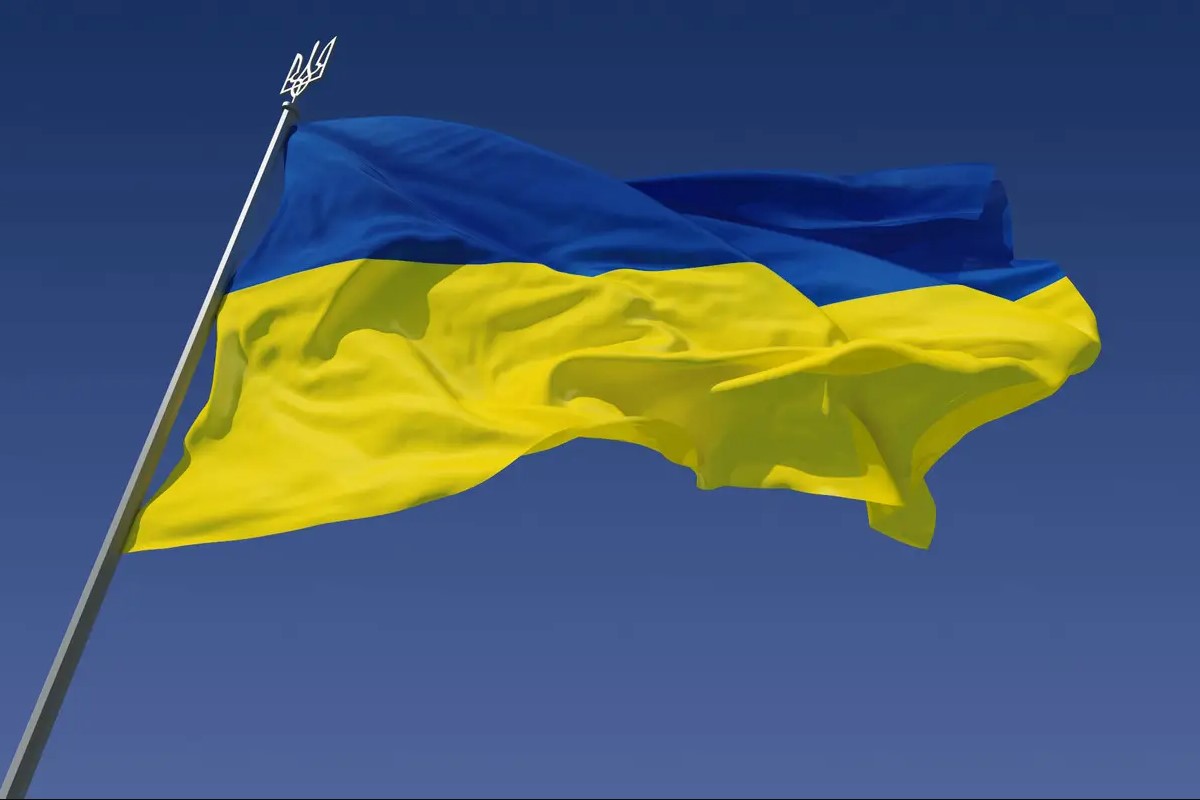
People's Deputy of Ukraine Maryana Bezuglaya published an emotional post in which she expressed her concern about the worsening situation in the country.
This was reported by URA-Inform with reference to Bezuglaya's Telegram channel.
She spoke about the “culture of lies and corruption” at all levels of government, indicating that systemic problems could lead to the collapse of public administration. In her post, Bezuglaya listed a number of pressing issues concerning both the front and the rear.
Russia's advance in the east
The deputy noted that the Russian army is strengthening its positions, approaching the Dnipropetrovsk region. In particular, the city of Pavlograd is preparing for defense, but there are tens of kilometers of unsecured positions around, which raises concerns about the enemy's ability to advance further. According to Bezuglya, public attention to these events is weakening, which reflects the level of fatigue and disappointment in society.
Corruption in the defense system
One of the problems highlighted by Bezuglaya is the purchase of low-quality mines that were delivered to the front, which puts the lives of soldiers at risk. At the same time, according to the MP, those in charge, including some high-ranking representatives of the Ministry of Defense, continue to hold their positions and promote themselves despite the failures in supplying the front.
Political intrigue and conflict within the government
Bezuglya pointed to the growing friction between various political groups. In particular, she mentioned Yermak's conflict with other high-ranking officials, which undermines unity and deals a blow to stability.
Consequences for the army
Bezuglya also noted problems with management in the armed forces, including the decision to transfer specialists such as doctors to infantry units. These actions, in her opinion, weaken the combat capability of the army and demonstrate the lack of coordination between departments.
Moreover, it is also reported that after the war, Ukraine may not lift martial law, but move to its “quasi-format.”

